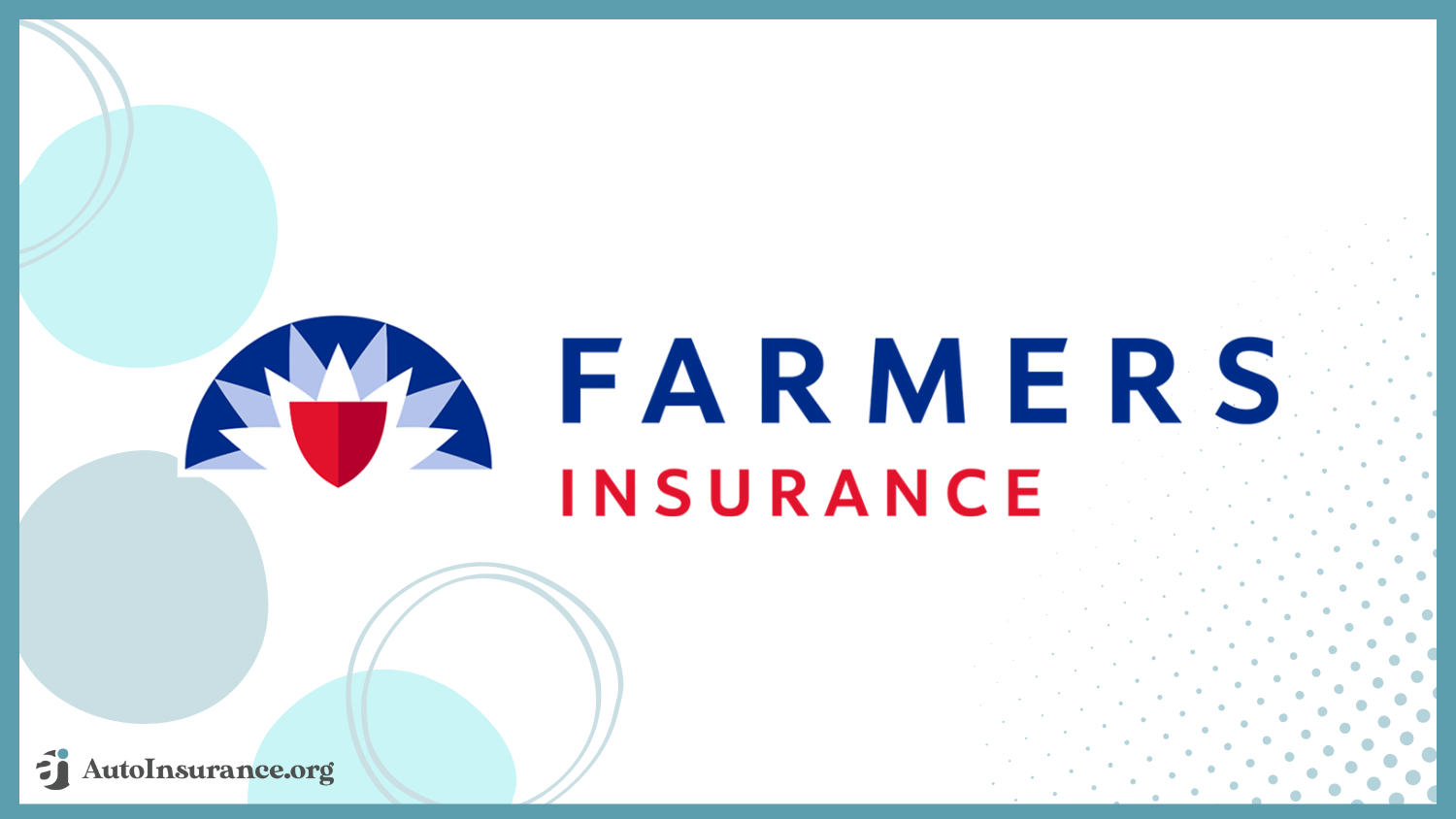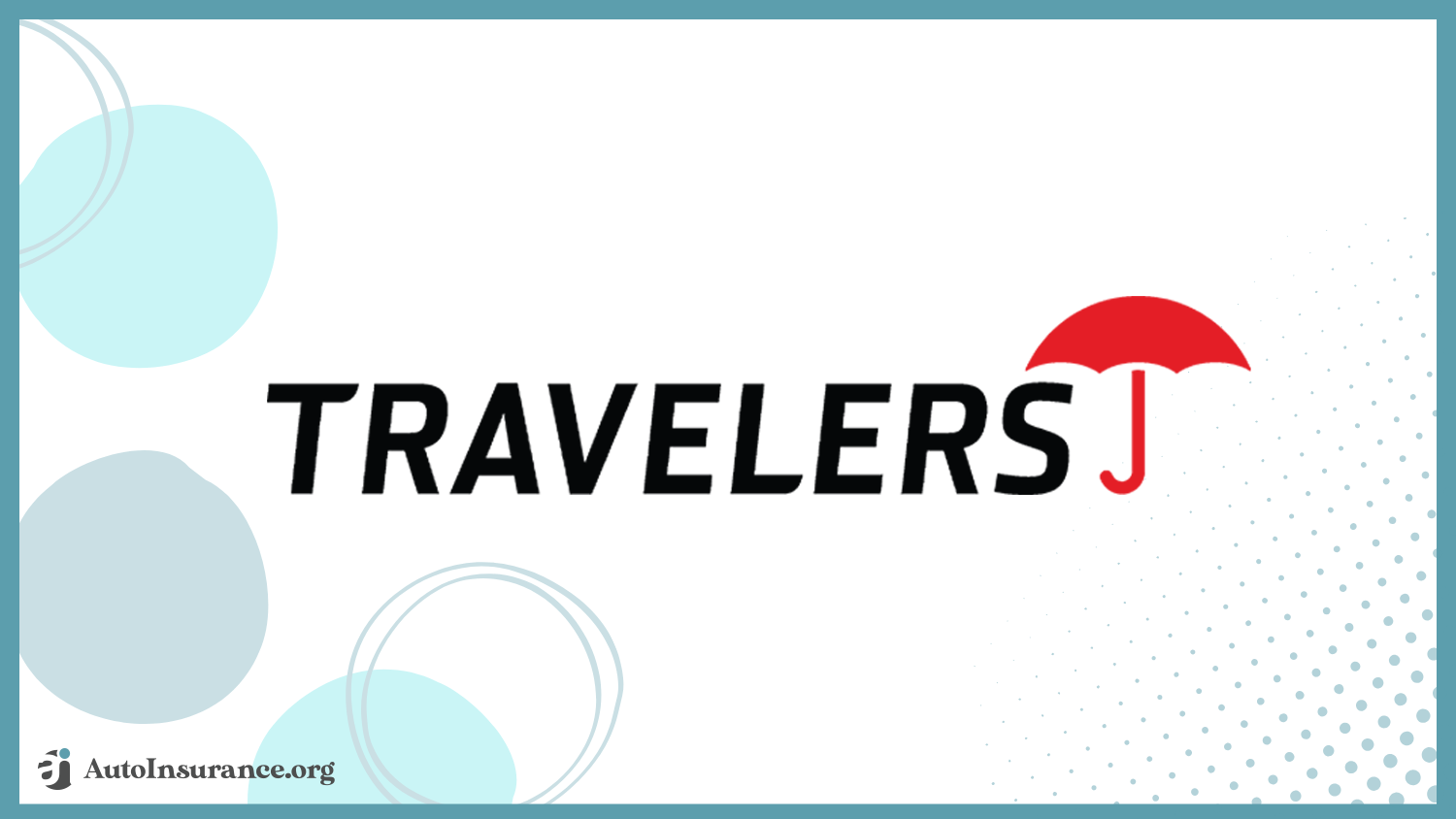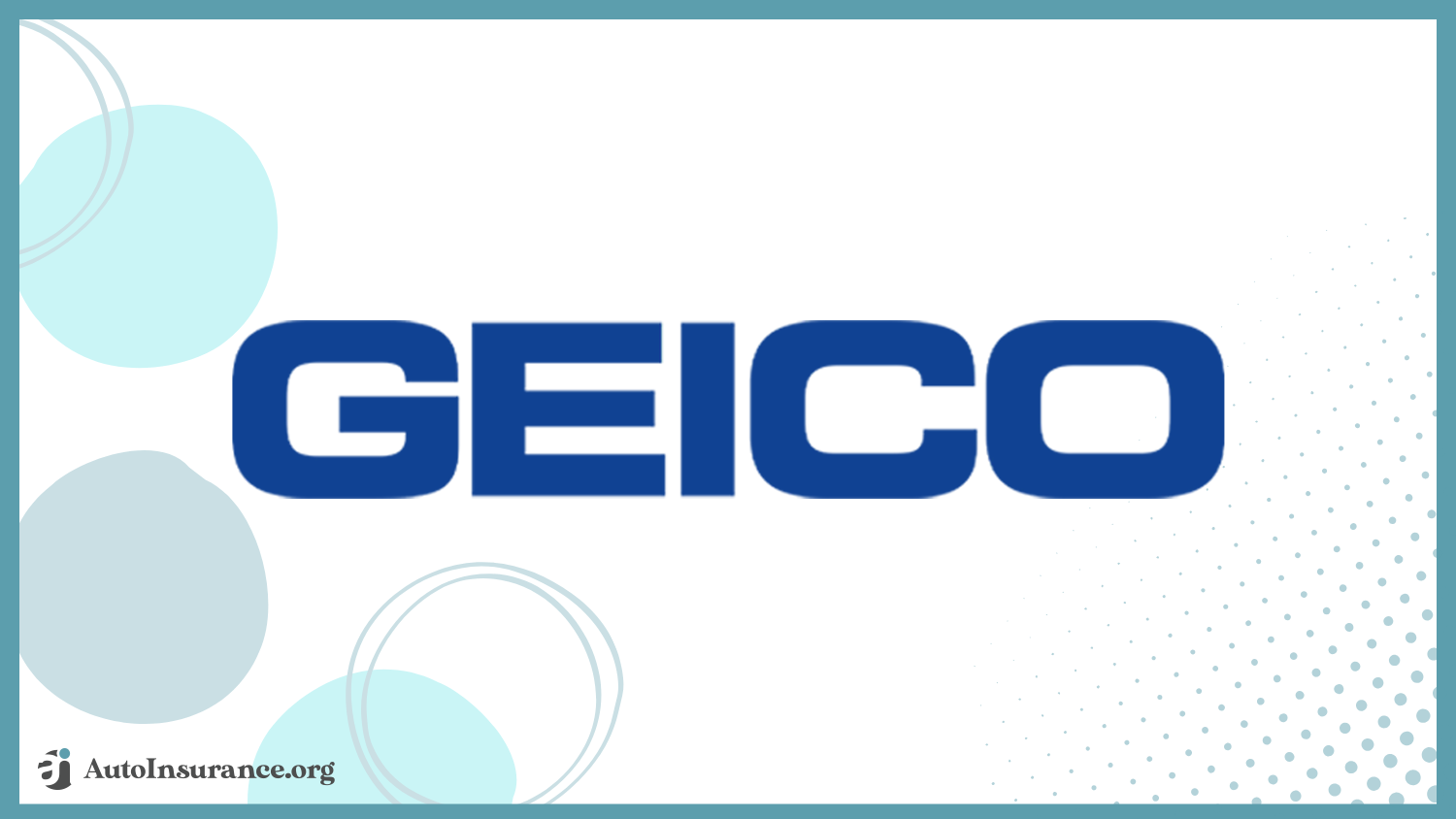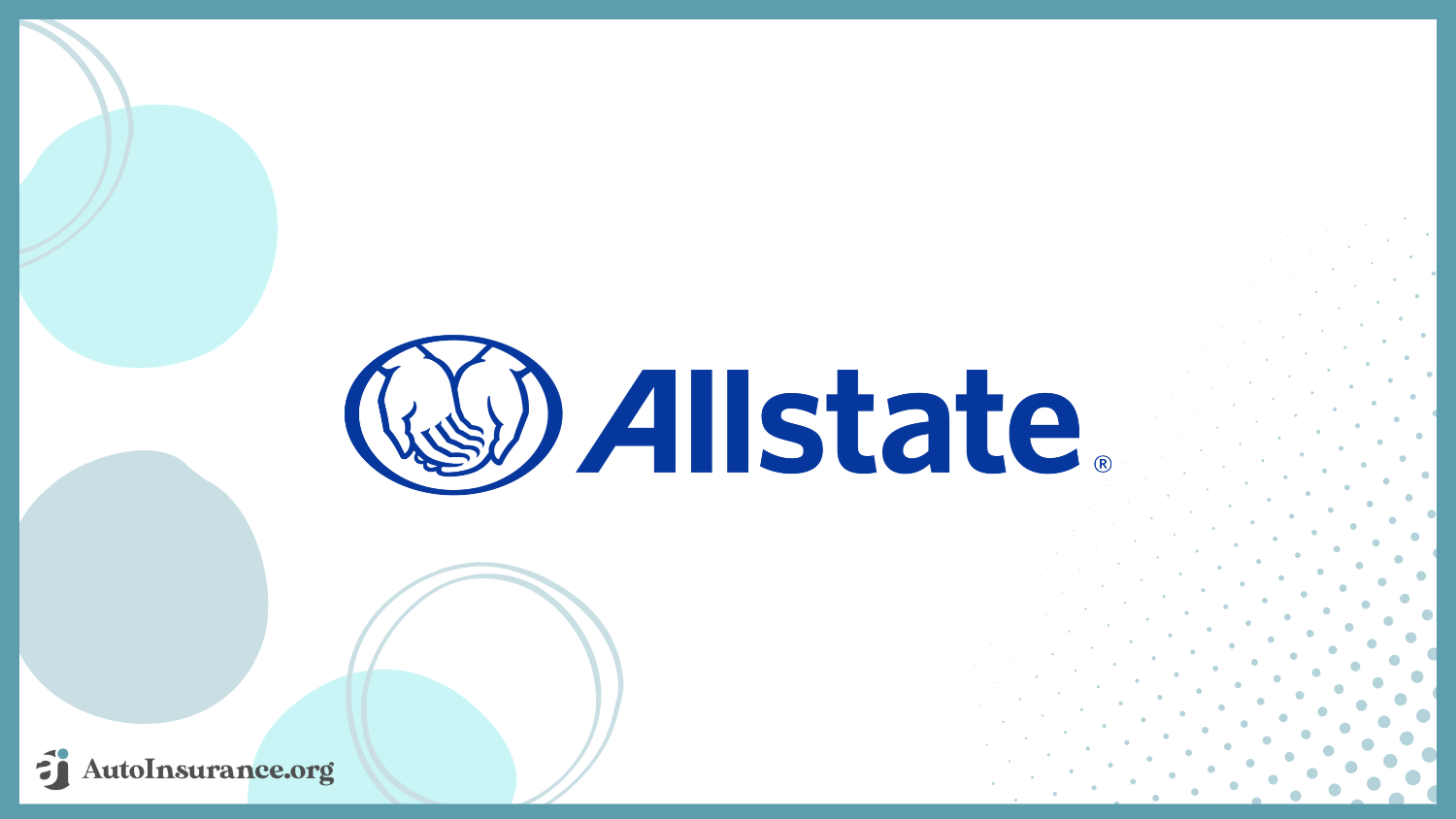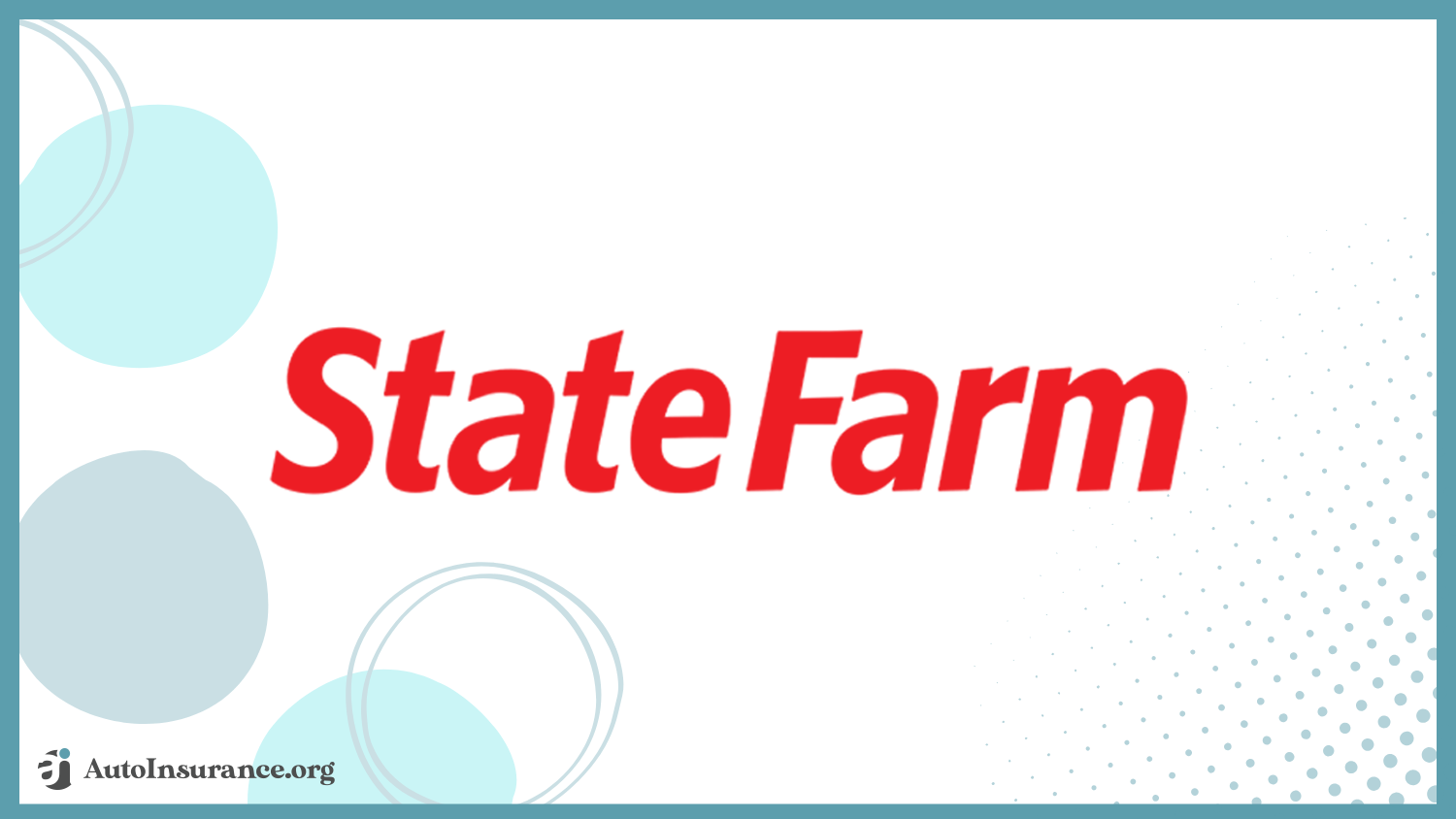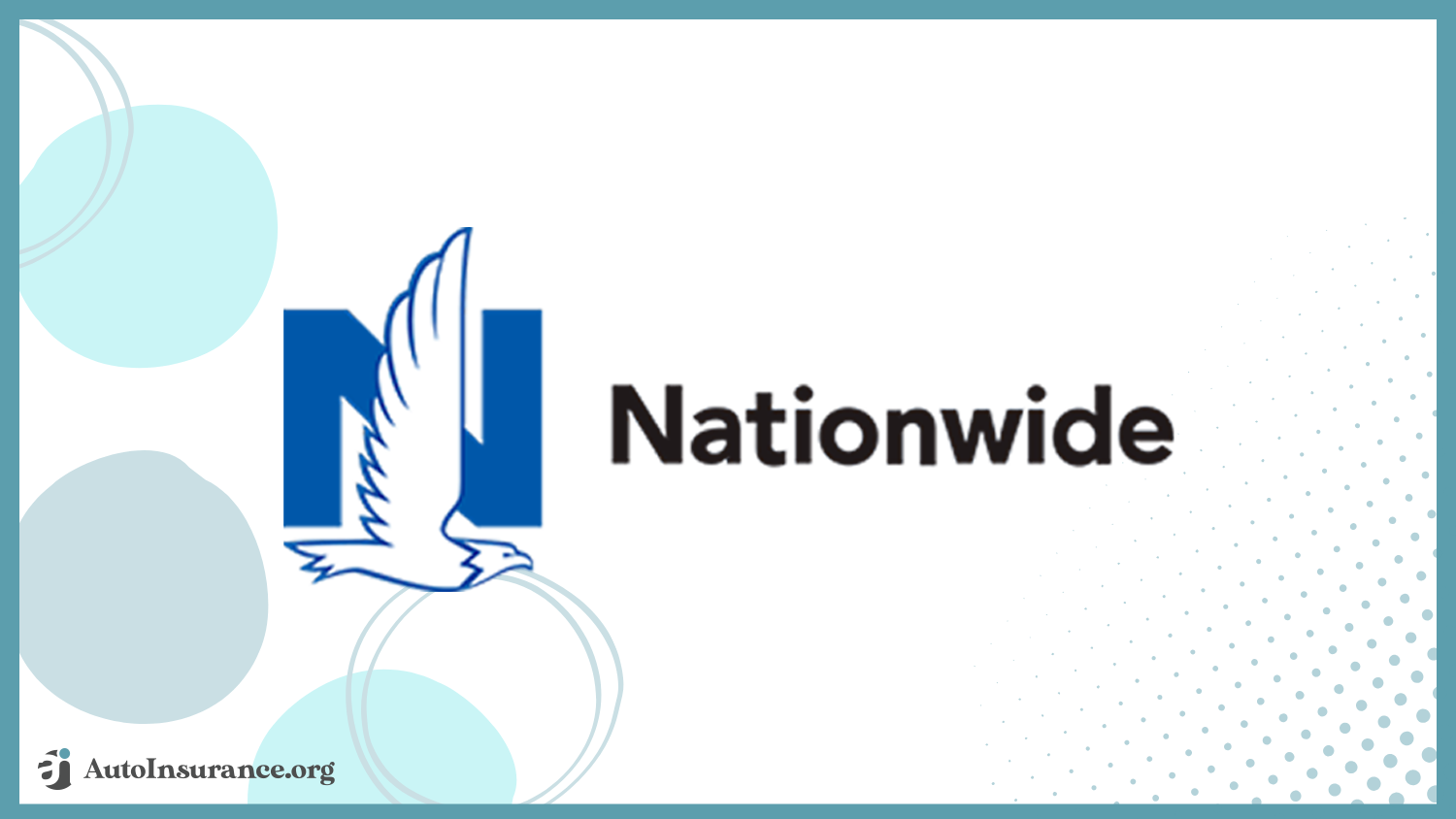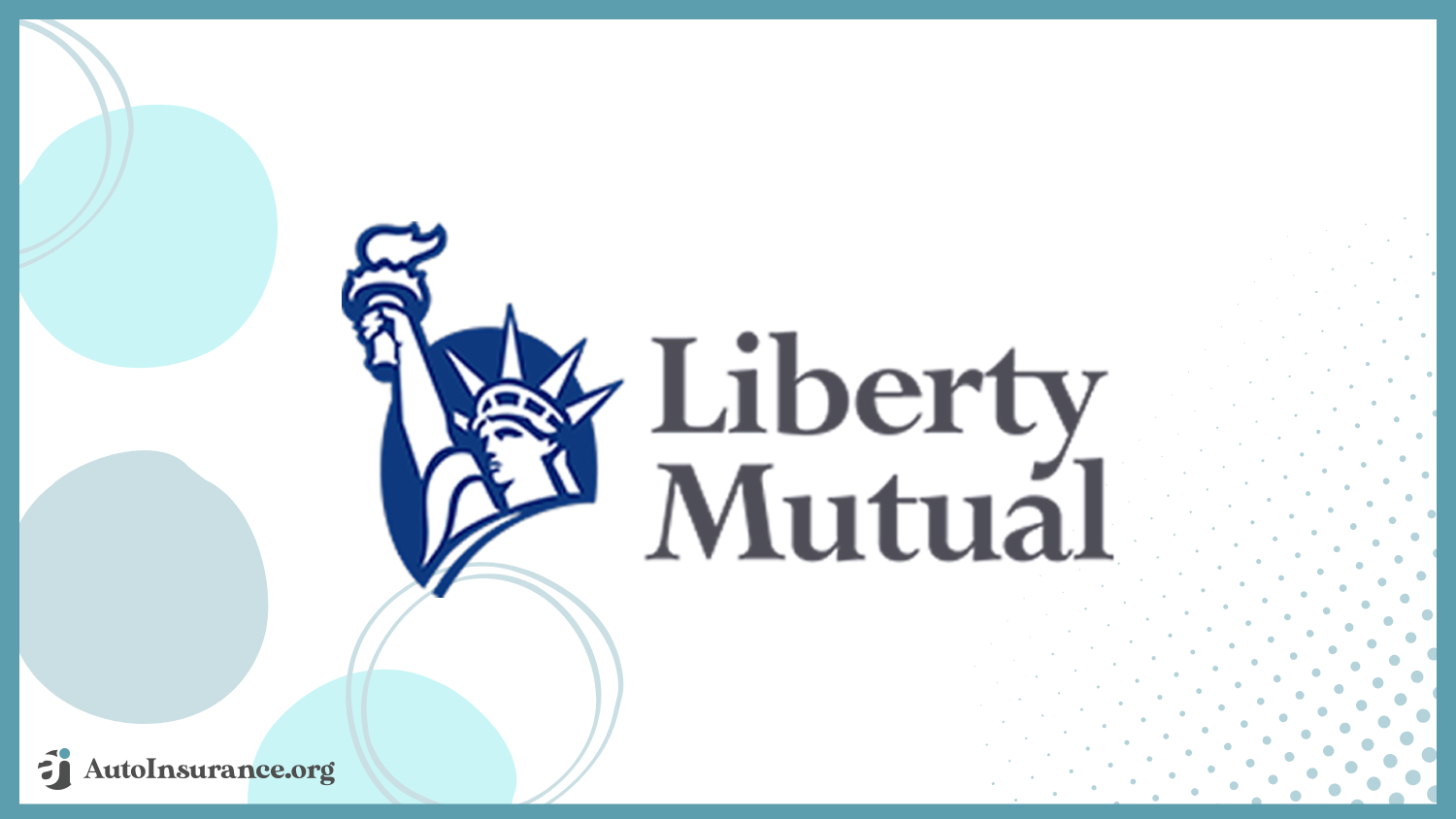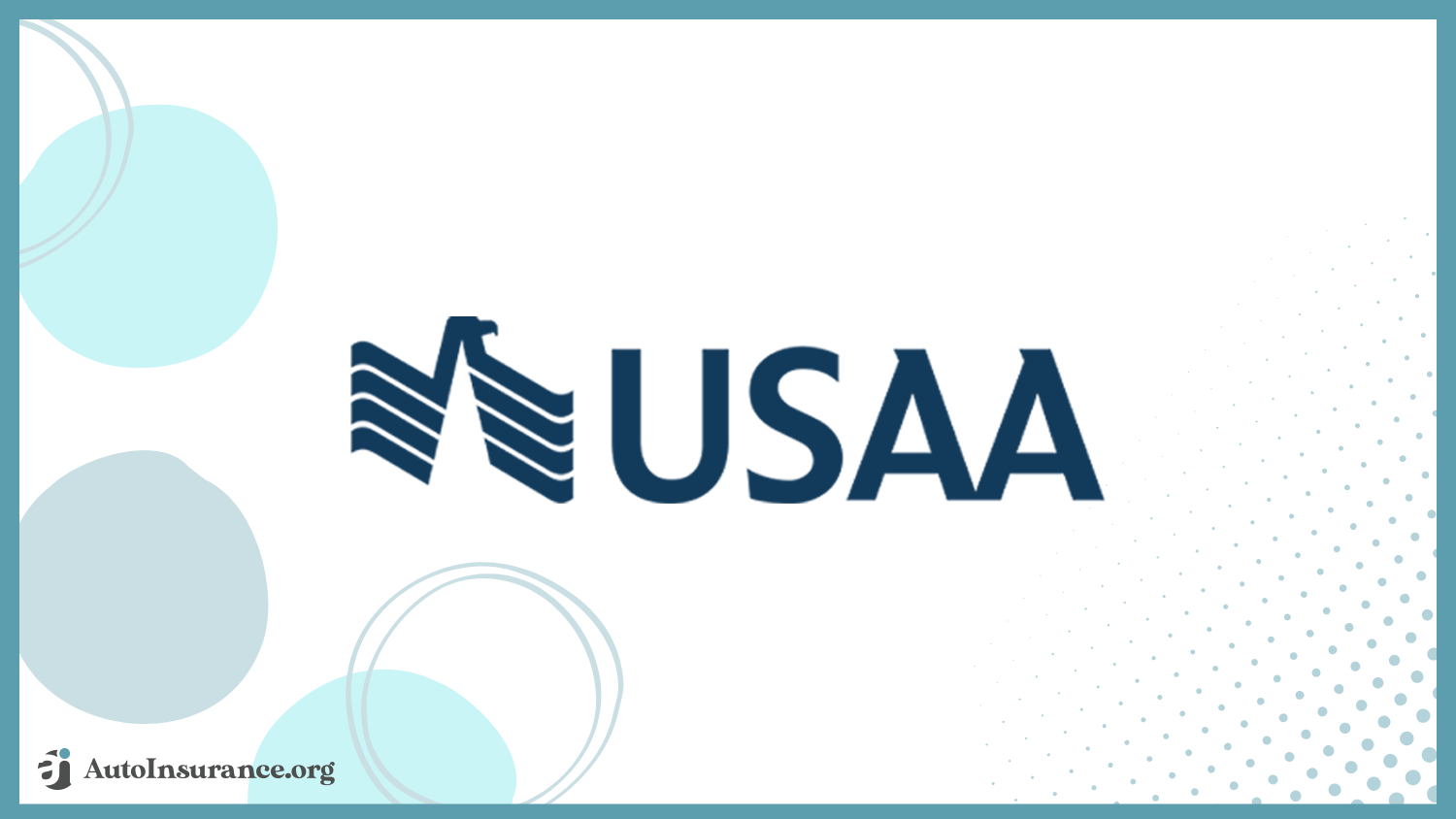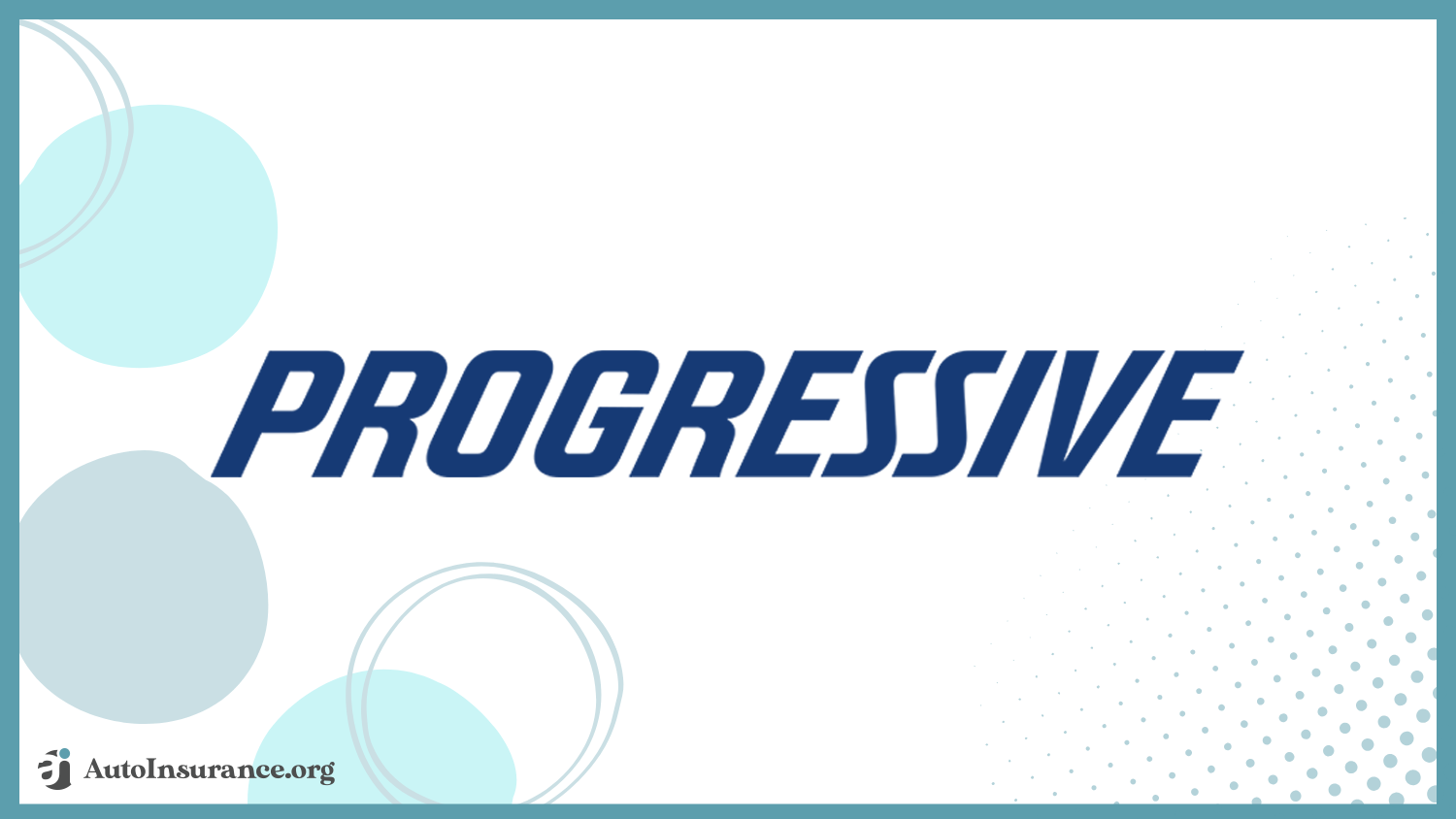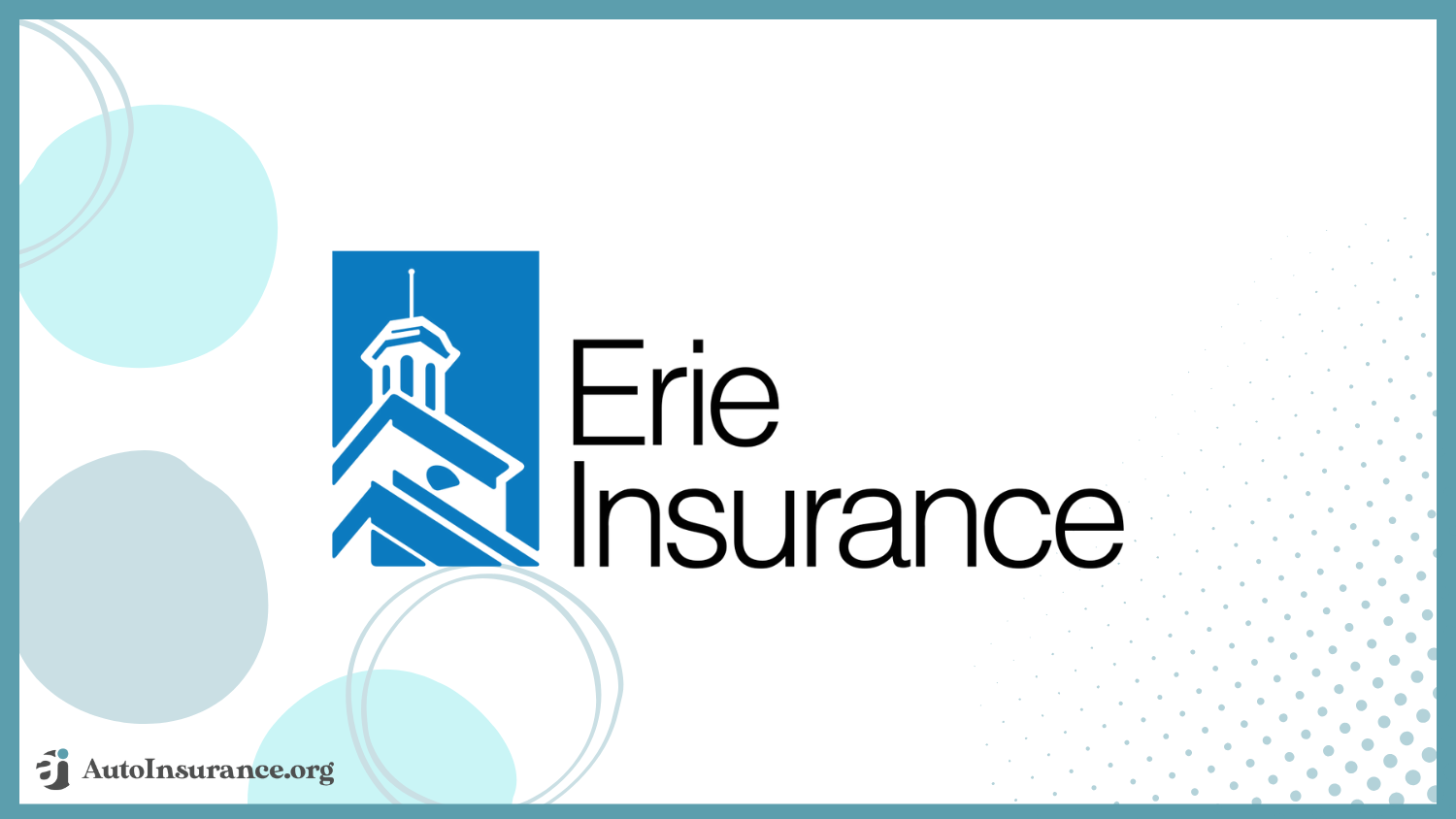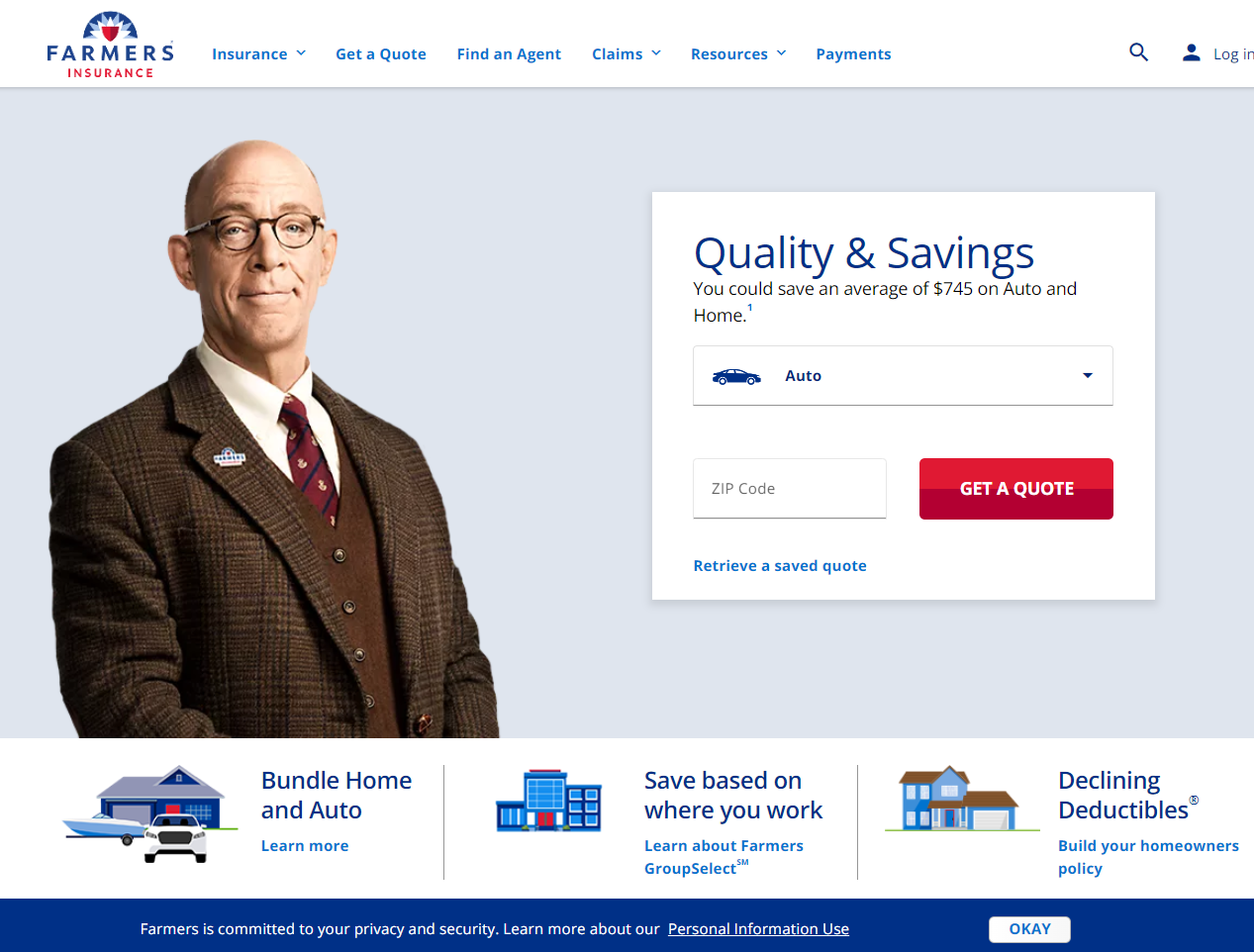Best Non-Standard Insurance Companies in 2025 (Your Guide to the Top 10 Providers)
Farmers, Travelers, and Geico are the best non-standard insurance companies for high-risk drivers. While non-standard insurance costs more, you can get coverage from these providers starting at $65 per month. Drivers looking for non-standard insurance can also take advantage of UBI programs for extra savings.
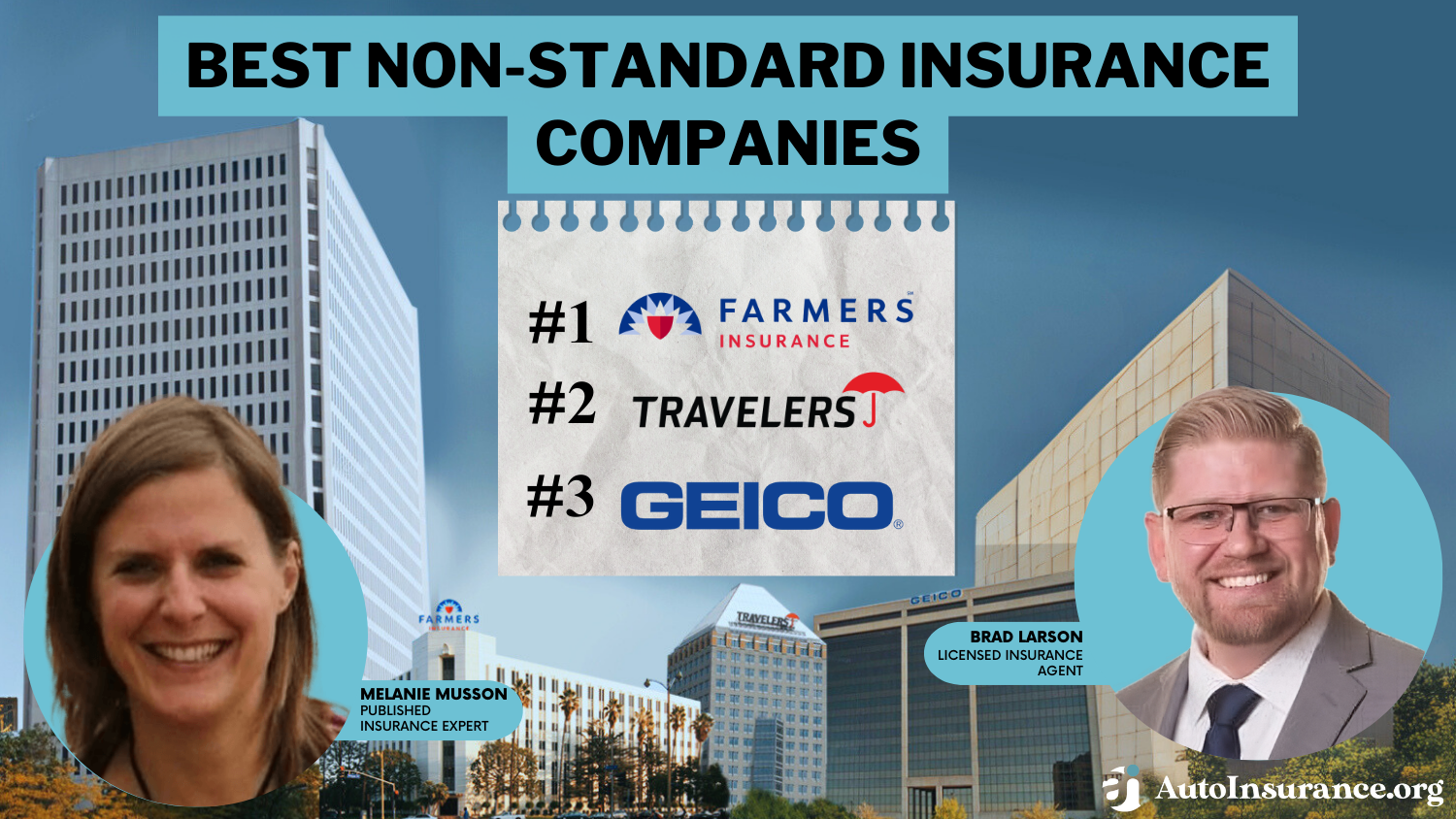
Free Car Insurance Comparison
Compare Quotes From Top Companies and Save
Secured with SHA-256 Encryption
Brad Larson
Licensed Insurance Agent
Brad Larson has been in the insurance industry for over 16 years. He specializes in helping clients navigate the claims process, with a particular emphasis on coverage analysis. He received his bachelor’s degree from the University of Utah in Political Science. He also holds an Associate in Claims (AIC) and Associate in General Insurance (AINS) designations, as well as a Utah Property and Casual...
Licensed Insurance Agent
UPDATED: Feb 24, 2025
It’s all about you. We want to help you make the right coverage choices.
Advertiser Disclosure: We strive to help you make confident auto insurance decisions. Comparison shopping should be easy. We are not affiliated with any one auto insurance provider and cannot guarantee quotes from any single provider. Our partnerships don’t influence our content. Our opinions are our own. To compare quotes from many different companies please enter your ZIP code on this page to use the free quote tool. The more quotes you compare, the more chances to save.
Editorial Guidelines: We are a free online resource for anyone interested in learning more about auto insurance. Our goal is to be an objective, third-party resource for everything auto insurance related. We update our site regularly, and all content is reviewed by auto insurance experts.
UPDATED: Feb 24, 2025
It’s all about you. We want to help you make the right coverage choices.
Advertiser Disclosure: We strive to help you make confident auto insurance decisions. Comparison shopping should be easy. We are not affiliated with any one auto insurance provider and cannot guarantee quotes from any single provider. Our partnerships don’t influence our content. Our opinions are our own. To compare quotes from many different companies please enter your ZIP code on this page to use the free quote tool. The more quotes you compare, the more chances to save.
On This Page
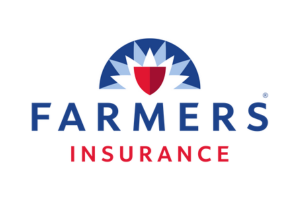 3,072 reviews
3,072 reviewsCompany Facts
Full Coverage for Non-Standard Insurance
A.M. Best Rating
Complaint Level
Pros & Cons
 3,072 reviews
3,072 reviews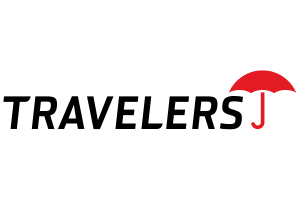 1,733 reviews
1,733 reviewsCompany Facts
Full Coverage for Non-Standard Insurance
A.M. Best Rating
Complaint Level
Pros & Cons
 1,733 reviews
1,733 reviews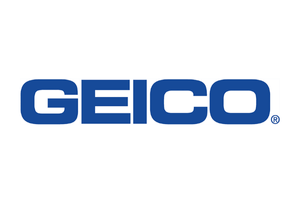 19,116 reviews
19,116 reviewsCompany Facts
Full Coverage for Non-Standard Insurance
A.M. Best Rating
Complaint Level
Pros & Cons
 19,116 reviews
19,116 reviewsThe best non-standard insurance companies are Farmers, Travelers, and Geico, particularly for safe drivers who enroll in a UBI program.

Farmers takes our top spot for non-standard auto insurance because it offers a variety of ways for drivers to customize their coverage, make payments, and get assistance. It’s also easy to find affordable non-standard rates with Farmers’ generous car insurance discounts and UBI program.
Our Top 10 Picks: Best Non-Standard Insurance Companies
| Company | Rank | Accident Forgiveness Discount | A.M. Best | Best For | Jump to Pros/Cons |
|---|---|---|---|---|---|
| #1 | 24% | A | Flexible options | Farmers | |
| #2 | 22% | A++ | Robust coverage | Travelers | |
| #3 | 20% | A++ | Customized policies | Geico | |
| #4 | 21% | A+ | Comprehensive coverage | Allstate | |
| #5 | 19% | B | Affordable Rates | State Farm | |
 | #6 | 18% | A+ | Flexible payments | Nationwide |
 | #7 | 17% | A | Tailored policies | Liberty Mutual |
| #8 | 16% | A++ | Military coverage | USAA | |
| #9 | 15% | A+ | Competitive rates | Progressive | |
 | #10 | 14% | A+ | High-risk specialization | Erie |
Read on to explore ways to find the best non-standard car insurance coverage, no matter what your situation is. Then, enter your ZIP code into our free auto insurance comparison tool to see rates in your area.
- High-risk drivers often need non-standard auto insurance because of their riskiness
- Non-standard coverage often costs more than standard car insurance
- Farmers and Travelers offer the best non-standard auto insurance
Free Auto Insurance Comparison
Compare Quotes From Top Companies and Save
Secured with SHA-256 Encryption
Free Auto Insurance Comparison
Enter your ZIP code below to view companies that have cheap auto insurance rates.
Secured with SHA-256 Encryption
#1 – Farmers: Top Pick Overall
Pros
- Generous Discounts: Farmers offers an impressive 23 car insurance discounts to help you find affordable non-standard insurance.
- Flexible Payment Plans: When you sign up for a Farmers policy, you’ll have access to multiple payment options to accommodate different financial situations.
- Extensive Coverage Options: There is a wide range of Farmers coverage options, including specialized non-standard policies. Explore your coverage options in our Farmers auto insurance review.
Cons
- Higher Premiums: It may top our list of non-standard insurance companies, but Farmers can be more expensive compared to competitors.
- Mixed Customer Service Reviews: Some customers report inconsistent service experiences from Farmers.
#2 – Travelers: Best for Quick Claims Handling
Pros
- Customizable Policies: You’ll have the ability to tailor coverage to fit your unique needs as a non-standard driver with a Travelers policy.
- Discounts for Safe Driving: Travelers offers various discounts that can benefit non-standard drivers who improve their driving habits.
- Strong Financial Stability: Travelers has high ratings for financial strength, ensuring reliability and speedy claims handling. See other ratings in our Travelers auto insurance review.
Cons
- Higher Rates for High-Risk Drivers: Non-standard drivers always face higher premiums, but they can be particularly high at Travelers.
- Limited Digital Tools: Travelers has fewer online tools and resources compared to other insurers.
#3 – Geico: Best for Affordable Rates
Pros
- Competitive Rates: Geico often has the lowest non-standard auto insurance quotes, especially for high-risk drivers. See how much you might pay in our Geico auto insurance review.
- Wide Range of Discounts: There are numerous discounts available from Geico, including for defensive driving courses and vehicle safety features.
- User-Friendly Digital Tools: An excellent mobile app and online tools for managing policies make Geico one of the top non-standard auto insurance companies.
Cons
- Limited Coverage Options: Geico’s non-standard policies might have fewer coverage options, especially when compared with other insurance companies.
- Mixed Claim Handling Reviews: Some customers report challenges with the Geico claims process.
Free Auto Insurance Comparison
Enter your ZIP code below to view companies that have cheap auto insurance rates.
Secured with SHA-256 Encryption
#4 – Allstate: Best for Full Coverage Policies
Pros
- Drivewise: Save up to 40% on your non-standard auto coverage by signing up for Drivewise, Allstate’s usage-based insurance (UBI) program that tracks driving habits.
- Safe Driving Bonuses: Allstate offers several rewards for safe driving habits, including discounts and bonuses.
- Comprehensive Coverage Options: Allstate has a variety of coverage choices to help you get the best non-standard car insurance policy possible.
Cons
- Higher Premiums: Non-standard insurance policies from Allstate are usually more expensive than you might find elsewhere.
- Mixed Reviews: Allstate customers report varying experiences regarding the quality of its service and claims handling. See more of what customers have to say in our Allstate auto insurance review.
#5 – State Farm: Best for Personalized Service
Pros
- Local Agents: State Farm maintains an extensive network of local agents offers personalized service and support.
- Safety Discounts: State Farm offers multiple discounts for safe driving habits and vehicle safety features.
- Drive Safe & Save: Save up to 30% by enrolling in State Farm’s UBI program Drive Safe & Save. However, Drive Safe & Save is not the best choice for every driver – see if it would be a good fit for you in our State Farm auto insurance review.
Cons
- Higher Rates: While State Farm is often an affordable option for insurance, drivers looking for non-standard policies will probably find cheaper rates at another company.
- Limited Availability of Discounts: Some State Farm discounts may not be available in all areas.
#6 – Nationwide: Best for UBI Savings
Pros
- Vanishing Deductible: Your deductible will decrease over time with safe driving when you sign up for this add-on. Learn more about the vanishing deductible program in our Nationwide auto insurance review.
- SmartRide and SmartMiles: Nationwide offers one of the best UBI discounts on the market, with an impressive discount of 40% up for grabs. If you’re a low-mileage driver, SmartMiles might be a better choice.
- Comprehensive Insurance Options: Just because you need a non-standard plan doesn’t mean you should buy a substandard auto policy. Nationwide has a wide range of coverages available for non-standard drivers.
Cons
- Limited Digital Experience: Nationwide’s online tools and app features are less robust compared to competitors.
- Discount Availability: Nationwide doesn’t have as long a list of discounts as many other companies, with only 11 options to take advantage of.
Free Auto Insurance Comparison
Enter your ZIP code below to view companies that have cheap auto insurance rates.
Secured with SHA-256 Encryption
#7 – Liberty Mutual: Best for Car Insurance Discounts
Pros
- Customizable Coverage: Liberty Mutual is one of the best non-standard insurance carriers because it offers a diverse selection of add-ons.
- RightTrack: Even if you need non-standard auto coverage because of accidents or speeding tickets, you can earn up to 30% off your insurance by enrolling in RightTrack and driving safely.
- Ample Discounts: Liberty Mutual takes a spot in the top 10 non-standard auto insurance companies by offering 17 discounts to help you save.
Cons
- Higher Average Rates: Liberty Mutual isn’t usually the most expensive option for a non-standard insurance policy, but it’s also not the cheapest. See more about average rates in our Liberty Mutual auto insurance review.
- Mixed Customer Service Reviews: According to customers, Liberty Mutual has inconsistent service quality.
#8 – USAA: Best for Military Members
Pros
- Affordable Rates: USAA is usually the cheapest option for a non-standard auto insurance policy, but only if you qualify for coverage.
- Excellent Customer Service: With higher-than-average ratings for customer service and satisfaction, you’ll probably be satisfied with your USAA policy.
- Exclusive Discounts: USAA has special discounts available for military members and their families.
Cons
- Eligibility Restrictions: USAA coverage is only available to military members, veterans, and their families. Learn more about coverage requirements in our USAA auto insurance review.
- Limited Physical Locations: There are fewer local USAA offices for in-person support than many other large insurance companies have.
#9 – Progressive: Best for Innovative Digital Tools
Pros
- Snapshot Program: Usage-based insurance program that rewards safe driving.
- Competitive Coverage: Progressive often offers competitive rates for non-standard drivers, especially if you take advantage of its digital tools. Explore how you can digitally manage your policy in our Progressive auto insurance review.
- Wide Range of Coverage Options: Progressive offers extensive options for customizing your non-standard auto policy.
Cons
- Customer Loyalty Issues: Despite offering some of the best non-standard car insurance policies, Progressive struggles to retain its customers.
- Potential for Rate Increases: Many Progressive customers complain that their rates unexpectedly increased without warning.
Free Auto Insurance Comparison
Enter your ZIP code below to view companies that have cheap auto insurance rates.
Secured with SHA-256 Encryption
#10 – Erie: Best for Excellent Customer Service
Pros
- Superb Customer Service: Erie receives high ratings for its customer satisfaction and support.
- Excellent Coverage Options: One reason Erie makes our top non-standard auto insurance companies is that it offers an excellent selection of add-ons.
- Rate Lock Program: Sign up for Erie’s Rate Lock add-on to prevent rate increases after an accident.
Cons
- Limited Availability: Erie is only available in 12 states. See if you can purchase coverage in your state in our Erie auto insurance review.
- Limited Digital Tools: Erie has fewer online resources and tools compared to larger insurers.
Non-Standard Auto Insurance Rates
Because of its nature, shopping from the non-standard insurance companies list typically means you’ll pay more for insurance. To see how much the best non-standard auto insurance might cost you, check out average prices from our top companies below.
Non-Standard Auto Insurance Monthly Rates by Coverage Level & Provider
| Insurance Company | Minimum Coverage | Full Coverage |
|---|---|---|
| Allstate | $67 | $134 |
| Erie | $61 | $131 |
| Farmers | $70 | $140 |
| Geico | $65 | $130 |
| Liberty Mutual | $71 | $142 |
| Nationwide | $66 | $132 |
| Progressive | $68 | $136 |
| State Farm | $69 | $138 |
| Travelers | $68 | $136 |
| USAA | $64 | $128 |
While rates can be high, that doesn’t mean there aren’t ways to save. For example, taking advantage of the numerous discounts available can help you lower your insurance costs. Take a look below to see a selection of discounts the best non-standard car insurance companies offer.
You can also take steps like increasing your deductible, lowering your coverage, improving your credit score and keeping your driving record clean.
Feel familiar? You’re not alone. Follow us and you might learn a thing or two about insurance. pic.twitter.com/YApf1jpIdu
— Farmers Insurance (@WeAreFarmers) May 31, 2024
Not sure what your deductible is? Have other questions about your insurance policy? A representative can help you sort through all the details of a non-standard insurance policy.
You can also visit provider websites to get personalized quotes from non-standard car insurance companies.
If that sounds too time-consuming, you can always use an insurance quote comparison tool to find the best rates for you.
Credit History and Driving Record
One benefit offered by non-standard auto insurance companies is the fact that most of these auto insurance companies do not check your credit rating.
If you have a low score, shopping at the best auto insurance companies for drivers with bad credit is a good idea. Most options on the non-standard auto insurance companies list do not care about your credit history whatsoever. If a person has bad credit or no credit, this could be a major factor in their automobile insurance being placed with a non-standard company.
Another reason people choose a non-standard insurance company for their automobile insurance is that these companies are a lot more lenient with an imperfect driving history.
Non-standard insurance companies will write automobile insurance policies for drivers with multiple accidents or violations, including DUI or DWI convictions.
Free Auto Insurance Comparison
Enter your ZIP code below to view companies that have cheap auto insurance rates.
Secured with SHA-256 Encryption
Who Non-Standard Auto Insurance is For
Standard auto insurance companies will not write a policy for a customer who has no current or full auto insurance coverage. Go here for our full list of the best auto insurance companies.
In this case, an automobile owner would need to purchase coverage from a non-standard auto insurance company for a period of six months to two years and then re-apply with a standard auto insurance company if they are accident and ticket-free within that time period.
Non-standard auto insurance carriers also often write policies for drivers who are older than 70 or younger than 20.
These age groups are considered to be high-risk and will most often be denied coverage with a standard auto insurance company.
Non-standard auto insurance companies may also write an auto insurance policy for a person with a medical condition that could possibly affect their driving capabilities.
Comparing Standard and Non-Standard Insurance
Many times a non-standard auto insurance company will offer a less expensive premium for a high-risk driver than that of a standard company. The standard auto insurance company targets the low-risk driver, while the non-standard auto insurance company caters to the high-risk driver. Therefore, their rates will most likely be more competitive for the driver needing high-risk auto insurance.
A driver who purchases certain vehicles, such as very expensive sports cars, may also be placed with a non-standard auto insurance company. High-performance or antique cars are also considered high-risk vehicles.
Requirements for Drivers
Drivers who lose their driving privileges by having their license revoked or suspended are sometimes required to purchase SR-22 auto insurance prior to having their license reinstated. This type of policy must be underwritten by a non-standard auto insurance company.
The non-standard auto insurance company will submit a Form SR-22 to the Department of Motor Vehicles on behalf of the insured in order for their license to be reinstated. Just let your insurance company know you need SR-22 coverage and they'll most likely be able to handle it for you.Michelle Robbins Licensed Insurance Agent
If at any time this policy lapses, the company will immediately notify the Department of Motor Vehicles and the driver’s license will once again be revoked.
Free Auto Insurance Comparison
Enter your ZIP code below to view companies that have cheap auto insurance rates.
Secured with SHA-256 Encryption
Substandard and Non-Standard Drivers
A non-standard driver is simply another term for a high-risk driver who needs to shop at the best high-risk auto insurance companies.
Each state and auto insurance company defines these types of drivers a bit differently. Most states consider two or more no contests, convictions, or guilty pleas to moving violations as the baseline for high-risk driver classification. Here are some standard offenses that put you into the high-risk or substandard car insurance category:
- Violations: If you run a stoplight or stop sign, speed, or engage in reckless behavior behind the wheel, you may be considered a high-risk driver.
- DUI/DWI: If you’ve been found guilty, been convicted, or entered a no-contest plea against a DUI or DWI, you may also be considered a high-risk driver. Some companies can deny you after a single conviction or guilty plea.
- Low FICO Credit Scores: Many people ask why your credit score should affect the price of auto insurance premiums. According to the insurance industry, there’s an established association between financial responsibility and safe driving.
Before shopping for a new auto insurance carrier, obtain a copy of your credit report from the three major credit reporting organizations (Experian, Equifax, and TransUnion) and review it for errors.
Disputing credit report errors on a regular basis helps maintain your credit file and credit score.
If you’ve never been insured before, getting auto insurance now can also provide a challenge. Multiple accidents over a short time period, regardless of whether you were at fault, can cause some insurance companies to consider you a higher-risk driver.
If your license is revoked or suspended for any reason, obtaining auto insurance may also become more costly and challenging.
Programs to Help Substandard Drivers
If you’re considered a high-risk driver in your state, obtaining auto insurance from your state program can help get you back on the road.
Your state’s SR-22 program may be the only option available, if the insurance companies with whom you’ve applied reject you or if premiums offered by the insurance companies are too expensive.Eric Stauffer Licensed Insurance Agent
Each state insurance department works with a group of auto insurance companies that agree to sell auto insurance to high-risk drivers in the state. The state Department of Insurance doesn’t sell auto insurance or benefit from the auto insurance companies selling the insurance.
The SR22 program’s goal is to assist high-risk individuals to lower their risk profile and insurance costs over time.
Although SR22 insurance premiums aren’t inexpensive, the auto insurance companies engaged in the state program usually lower the costs of premiums when drivers demonstrate responsibility behind the wheel and in making timely payments.
One of the goals of the SR22 program is to help drivers simultaneously understand and value the importance of safe, responsible driving.
Of course, the best way to avoid the high cost of substandard auto insurance premiums is to ensure your safe driving record. If you’re classified as a high-risk driver, the worst possible solution is to forego auto insurance!
The “what ifs” of driving without auto insurance as a high-risk driver are substantial, including criminal charges, fines, and loss of personal property or liberty. Don’t drive without the benefit of auto insurance.
How to Determine if You Need Non-Standard Auto Insurance
You may need coverage from a non-standard high-risk auto insurance company if you drive a powerful vehicle, have a poor driving record, or have had a long lapse in coverage. Insurance companies check driving records before offering you insurance, so you won’t be able to hide a DUI or multiple accidents.
Other factors include:
- Price differences also become a factor in cases where a driver has a poor driving record and/or drives a high-value vehicle
- Drivers who qualify for non-standard insurance coverage are classified as high-risk drivers based on their past driving records
- When considering standard versus non-standard versus preferred plans, standard and preferred plans drivers carry a low-risk profile when compared to drivers with non-standard coverage
In most states, the law requires drivers to carry auto insurance coverage. This coverage should meet state requirements in terms of how much is required for property loss, medical costs, and repair costs.
As many insurance carriers are privately owned, prices can vary considerably from one insurer to another.
Price differences also become a factor in cases where a driver has a poor driving record and/or drives a high-value vehicle.
Inevitably, risk factors drive insurance premium rates, so drivers who fall into a high-risk category may have to purchase coverage from non-standard auto insurance companies. While non-standard coverage tends to be more expensive, some drivers may actually benefit cost-wise when certain conditions are met.
Free Auto Insurance Comparison
Enter your ZIP code below to view companies that have cheap auto insurance rates.
Secured with SHA-256 Encryption
Standard vs. Non-Standard Insurance
Much like the rating systems used with other types of auto insurance coverage, auto insurers use classifications to determine a driver’s risk level (or tier) and the type of insurance coverage needed.
The three most commonly used levels include:
- Standard coverage
- Non-standard coverage
- Preferred coverage
Because of the special circumstances that come up with non-standard policies, many companies specialize in offering non-standard auto insurance. Standard auto insurance companies offer policies that cater to people with other circumstances. Some companies also offer all three types of insurance coverage.
Ultimately, a driver who qualifies for non-standard insurance does not meet the qualification requirements for standard or preferred plans. Auto insurance companies look at a driver’s past driving record and the type of car involved to determine whether non-standard insurance is needed.
Auto Insurance Risk Ratings
Auto insurance companies assign drivers to different tier levels based on risk rating factors. Since insurance coverage requirements can vary from state to state, price ranges can differ considerably across state lines.
Price ranges between local companies can also vary considerably with private insurance companies when compared to government-mandated risk insurance plans. When considering standard versus non-standard versus preferred plans, standard and preferred plans drivers carry a low-risk profile when compared to drivers with non-standard coverage.
Not surprisingly, the higher the risk the higher the insurance premium so drivers with non standard cover often pay considerably more than those with standard or preferred coverage.
As premium payments are designed to cover the cost of potential or predicted future claims, insurers may use different risk rating factors when determining the cost to insure standard, non-standard, and preferred drivers.
Some of the most commonly used risk factors include:
- The type of coverage selected (deductible versus no deductible, full coverage versus liability coverage, etc.)
- The type of car driven
- Driving history
- Frequency of car usage
There are many other factors that affect your auto insurance rates, which is why it’s so important to shop around before you commit to a policy.
Driver Characteristics
Drivers who qualify for non-standard insurance coverage are classified as high-risk drivers based on their past driving records. Someone who has a DUI on their record would fall into this category.
Drivers who’ve been involved in serious car accidents or have filed several claims over the years may also require non-standard insurance coverage.
Driver characteristics also extend to the type of car a person has.
People who drive specialized cars -such as muscle cars, custom-built cars, or high-powered sports cars- also fall under the high-risk category, which usually calls for non-standard insurance coverage. This is becuase their cars are statistically riskier to insure.Dani Best Licensed Insurance Producer
High-risk rating factors may also include drivers who show long lapses in auto insurance coverage for whatever reasons. People with little to no driving experience, such as teenagers, may also require non-standard coverage.
Free Auto Insurance Comparison
Enter your ZIP code below to view companies that have cheap auto insurance rates.
Secured with SHA-256 Encryption
Qualifying Factors
Since non-standard insurance plans cater to high-risk circumstances and other non-driving factors that affect your auto insurance rates, some drivers may be able to use this specialty insurance to their advantage when it comes to finding lower premium rates.
It’s not uncommon for large, well-known insurance companies to own smaller specialty companies that offer non-standard insurance plans. Because of the parent company’s resources, these non-standard insurance companies can offer more competitive rates than smaller non-standard companies.
People who qualify for standard auto insurance coverage can still purchase non-standard coverage. This can come in handy in cases where standard coverage rates are more expensive than non standard.
This occurs when a good driver needs to insure a high-value vehicle. Non-standard insurers may be able to offer better rates than a primarily standard insurance carrier.
Ultimately, a person’s driving record carries a lot of weight when it comes time for insurers to rate a driver’s risk level. This means a driver with a good record is more likely to find a good premium rate for non-standard plans when the car falls within a high-risk category.
Requirements for Non-Standard Auto Insurance
Most states have car insurance requirements you must meet before you can drive. A driver in good standing with a clean driving history can expect to pay around $92 for standard auto insurance.
- A driver must meet certain qualifications to be able to purchase a standard insurance policy
- A good driving record and a history of few claims are two requirements for a standard insurance policy
- Sometimes the type of vehicle can affect a driver’s ability to purchase a standard insurance policy as well
Auto insurance coverage provides a form of financial protection in the event of property damage, medical costs, or car repair costs caused by a collision or accident.
In general, the auto insurance industry earns profits by calculating risk factors and probability rates.
Likewise, auto insurance companies measure a driver’s eligibility for standard auto coverage based on his or her risk profile.
To qualify for a policy from standard auto insurance companies, a driver must meet certain eligibility requirements for past driving history, coverage history, and the type of car used.
Coverage Levels
Auto insurance companies insure drivers within coverage levels or tiers based on a driver’s risk rating. Risk ratings assign a rating level based on different categories of risk.
The top factors that affect your auto insurance rates include:
- Age
- Driving history
- Gender
- Type of car
- Credit history
The coverage level assigned to a driver’s insurance policy is based on the calculated risk rating. In most cases, the higher the rating, the higher the risk a company takes on when insuring a driver. Certain drivers will need high-risk auto insurance coverage, and some can get better coverage. This risk translates into higher premium costs for the driver.
The most commonly used coverage levels include:
- Preferred coverage
- Standard coverage
- Non-standard coverage
The different levels represent different levels of risk with preferred auto insurance coverage carrying the lowest degree of risk and non-standard auto insurance companies’ coverage carrying the highest. The main difference between preferred and standard coverage has to do with a driver’s credit history or credit rating. A driver with a clean driving record and a stellar credit history may qualify for preferred auto coverage.
Free Auto Insurance Comparison
Enter your ZIP code below to view companies that have cheap auto insurance rates.
Secured with SHA-256 Encryption
Driving Record
A person’s driving record carries considerable weight for auto insurance companies when determining eligibility for standard auto coverage. A clean driving record, meaning no driving violations like DUIs or multiple traffic tickets, is one qualification. If you have these violations, you’ll probably need to shop at the best auto insurance companies for bad driving records.
The number of accidents a driver has on record also affects a driving record profile. Ultimately, someone who has filed multiple claims over the years would have a difficult time qualifying for standard auto insurance coverage.
Claim filings are not limited to accidents, as claims may be filed for acts of vandalism or damage caused by extreme weather conditions.
When examining a person’s driving record, auto insurance companies consider a driver’s coverage history to see if your coverage has been continuous.
Someone with lapses or gaps in coverage may not qualify for standard coverage, depending on the length and/or frequency of gaps throughout the driving history.
Type of Vehicle
The type of vehicle used by a driver contributes to the level of risk an insurance company carries when granting insurance coverage. You’ll need to compare rates for the make and model of your car to get the best auto insurance.
In order to qualify for a standard auto policy, the vehicle must fall within the standard car range in terms of market value and replacement costs.
High-end cars, such as custom-built cars, muscle cars, or high-powered sports cars carry high market values. A car with a high market value exceeds coverage limits for replacement costs provided by a standard policy. In most cases, a high-end car would fall within the non-standard coverage range.Tracey L. Wells Licensed Insurance Agent & Agency Owner
And while standard auto coverage typically costs less than non-standard policies, someone who qualifies for standard coverage may, in fact, find a better deal with a non-standard insurance company when trying to ensure a high-end vehicle. Some auto insurance companies specialize in non-standard coverage, which allows them to offer better rates for non-standard drivers and vehicles.
This means someone with a spotless driving record could actually get a cheaper rate with a non-standard insurer when trying to insure a high-end vehicle.
Qualifying for Standard Coverage
Because auto insurance companies operate according to state law guidelines, the same qualification criterion applies from company to company within each state.
As each state sets its own guidelines, what’s standard in one state in terms of coverage limits and requirements may fall under non-standard or preferred guidelines in another state.
Drivers who have multiple speeding tickets on record can qualify for standard auto coverage by driving with a clean record for the stated number of years required by state insurance laws. It also helps if they shop at insurance companies that don’t penalize for speeding tickets. Drivers who’ve filed multiple claims in the past can also qualify for standard coverage by reducing the number of claims they file for however many years are required by state insurance laws.
Ultimately, drivers who qualify for standard auto insurance coverage pay lower premium rates, have more coverage options, and qualify for higher coverage limits.
In most cases, lower out-of-pocket costs for yearly deductible amounts are another added benefit of standard insurance plans.
Free Auto Insurance Comparison
Enter your ZIP code below to view companies that have cheap auto insurance rates.
Secured with SHA-256 Encryption
Find the Best Non-Standard Insurance Companies Today
Whether you need to learn how to manage your auto insurance policy or buy a new plan, getting the most out of non-standard insurance isn’t difficult. Simply be honest with your needs and your insurance company will be able to help.
When you’re ready to find the best non-standard car insurance rates in your area, enter your ZIP code into our free comparison tool to get started.
Frequently Asked Questions
What are non-standard auto insurance companies?
Non-standard auto insurance companies are insurance providers that specialize in offering coverage to high-risk drivers who may have difficulty obtaining insurance through standard insurance companies. These drivers typically have a history of accidents, traffic violations, poor credit scores, or other factors that deem them higher risk.
What do non-standard auto insurance companies offer?
Non-standard auto insurance companies offer policies tailored to the specific needs of high-risk drivers. They provide coverage for liability, collision, comprehensive, and other types of insurance, similar to standard insurance companies. However, the premiums and terms offered by non-standard companies may be different, often at higher rates, due to the increased risk associated with insuring high-risk drivers.
What are the advantages of non-standard auto insurance companies?
Non-standard insurance companies have the following benefits:
- Accessibility: Non-standard auto insurance companies provide coverage options for individuals who may have been denied by standard insurance companies, giving them an opportunity to obtain the necessary coverage.
- Flexibility: Non-standard companies understand the unique circumstances of high-risk drivers and may offer more flexible payment options, such as monthly installments, to help make insurance more affordable.
- Specialized Expertise: Non-standard insurers have experience in dealing with high-risk drivers and understand the specific challenges they may face, allowing them to provide more tailored coverage options.
However, if you don’t need non-standard car insurance, you should shop at the best auto insurance companies for clean records instead.
Are there any disadvantages to non-standard auto insurance companies?
As with all things, there are disadvantages to non-standard car insurance. These include:
- Higher Premiums: Non-standard auto insurance companies generally charge higher premiums due to the increased risk they assume by insuring high-risk drivers.
- Limited Coverage Options: Non-standard companies may have more limited coverage options compared to standard insurers. They may exclude certain benefits or have stricter terms and conditions.
- Lack of Perks and Discounts: Non-standard insurers may not offer the same range of perks, discounts, or rewards programs that are often available from standard insurance companies.
There may be some disadvantages, but it’s worth dealing with them when you need coverage.
How can I find a non-standard auto insurance company?
To find a non-standard auto insurance company, you can:
- Research Online: Look for insurance providers that specifically advertise coverage for high-risk drivers.
- Seek Recommendations: Ask friends, family, or colleagues who have similar insurance needs or who have obtained coverage through non-standard companies.
- Consult an Insurance Agent: Contact an independent insurance agent who can help you explore different options and find a non-standard insurer that suits your needs.
Learning how to evaluate auto insurance quotes online can help you find the cheapest non-standard coverage possible.
What is non-standard car insurance?
Non-standard auto insurance companies are insurance providers that specialize in offering coverage to high-risk drivers who may have difficulty obtaining insurance from standard insurance companies. These drivers typically have a history of accidents, traffic violations, poor credit, or other factors that classify them as higher risk.
Is Progressive a non-standard insurance company?
Progressive is not a non-standard car insurance company, but it does sell both minimum and full coverage auto insurance for non-standard drivers.
Who can benefit from non-standard auto insurance?
Non-standard auto insurance is designed for drivers who have difficulty obtaining coverage through standard insurance companies due to factors such as a poor driving record, history of accidents, multiple traffic violations, or a low credit score. These drivers may be considered high-risk and are typically charged higher premiums as a result. Non-standard insurance provides an option for these individuals to meet their legal obligations and protect themselves financially while driving.
To find non-standard auto insurance that best benefits you, enter your ZIP code to compare quotes from multiple companies.
What are the key features of non-standard auto insurance policies?
The key features of non-standard auto insurance policies include:
- Higher Premiums: Non-standard policies often come with higher premiums due to the increased risk associated with the insured driver.
- Limited Coverage Options: Non-standard policies may offer more limited coverage options compared to standard insurance policies. This could include reduced liability limits or the exclusion of certain types of coverage.
- SR-22 Filing: Non-standard insurers often provide SR-22 filing services, which is a certificate of financial responsibility required for drivers who have been convicted of certain violations such as driving under the influence (DUI) or driving without insurance.
- Flexible Payment Options: Non-standard insurers may offer flexible payment options to accommodate drivers who may have difficulty paying large lump sums. This can include monthly or quarterly payment plans.
Discuss your needs with an insurance agent if you’re unsure about getting non-standard insurance.
What are the best non-standard auto insurance companies?
The cheapest provider for you depends on your unique circumstances, but Farmers, Travelers, and Geico are the best non-standard insurance companies overall. However, you should always compare rates to make sure you get the best prices. For example, the best auto insurance companies for teen drivers won’t be the same as the best providers for drivers with a DUI.
Free Auto Insurance Comparison
Enter your ZIP code below to view companies that have cheap auto insurance rates.
Secured with SHA-256 Encryption
Brad Larson
Licensed Insurance Agent
Brad Larson has been in the insurance industry for over 16 years. He specializes in helping clients navigate the claims process, with a particular emphasis on coverage analysis. He received his bachelor’s degree from the University of Utah in Political Science. He also holds an Associate in Claims (AIC) and Associate in General Insurance (AINS) designations, as well as a Utah Property and Casual...
Licensed Insurance Agent
Editorial Guidelines: We are a free online resource for anyone interested in learning more about auto insurance. Our goal is to be an objective, third-party resource for everything auto insurance related. We update our site regularly, and all content is reviewed by auto insurance experts.

